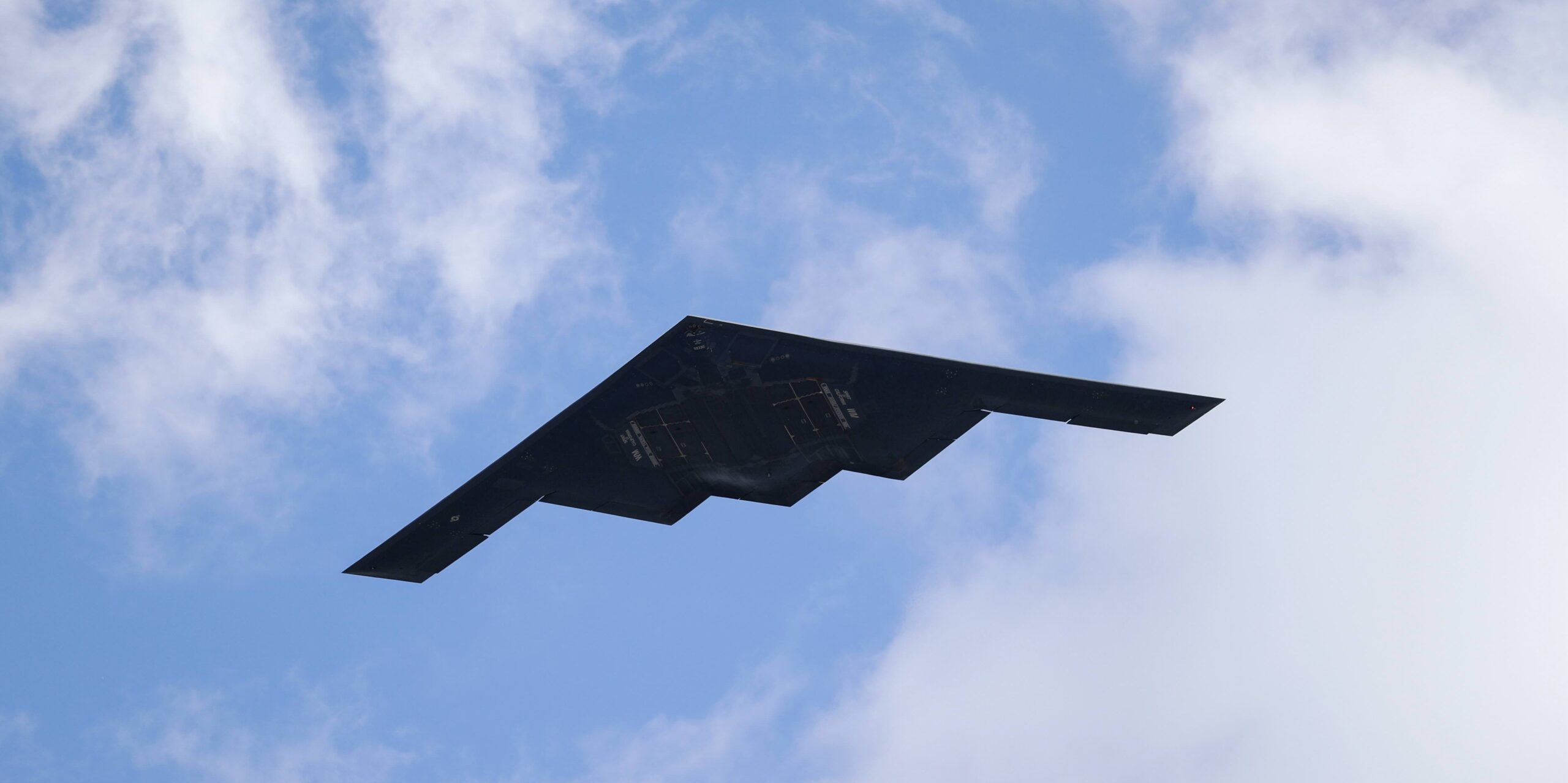**U.S. Intelligence Assesses No Immediate Nuclear Threat from Iran Amid Rising Tensions with Israel**
In a significant intelligence assessment, U.S. officials have disclosed that Iran is not currently developing nuclear weapons, despite escalating calls from Israel for military intervention. This revelation adds complexity to the ongoing geopolitical tug-of-war over Iran’s nuclear ambitions.
A recent report from U.S. intelligence agencies casts doubt on claims that Iran is on the brink of becoming a nuclear power. This assessment directly contradicts assertions from Israeli leadership, which continues to sound alarms about the necessity of preemptive strikes to curb potential threats posed by Iran’s nuclear program.
Analysts have pointed out that while Iran’s nuclear capabilities have long been a focal point of international scrutiny, the latest intelligence indicates a lack of concrete evidence to suggest they are actively pursuing the development of nuclear warheads. “The intelligence community currently assesses that Iran under the Joint Comprehensive Plan of Action (JCPOA) constraints does not possess a nuclear weapons program,” an anonymous U.S. official familiar with the classified report stated.
Despite these assessments, Israeli officials maintain a starkly different narrative. Prime Minister [Israeli official’s name], addressing concerns at a recent security cabinet meeting, emphasized, “Iran’s nuclear ambitions pose an existential threat to Israel, and we cannot afford to wait until it’s too late.” This stance has amplified tensions between Washington and Tel Aviv, with Israeli officials continuing to lobby for a more aggressive U.S. posture regarding Iran.
The disclosure emerges against the backdrop of ongoing diplomatic efforts to revive the JCPOA, from which the U.S. withdrew in 2018 under the Trump administration. High-stakes negotiations are underway, with proponents arguing that diplomacy remains the best path forward to ensure Iran’s nuclear capabilities remain peaceful.
The divergent perspectives between the U.S. and Israel underscore the complexity of navigating Middle Eastern geopolitics. While the U.S. remains a staunch ally of Israel, the current intelligence review suggests a reassessment of immediate threats may be necessary to avoid unnecessary military entanglements.
This latest development raises pivotal questions about future U.S. foreign policy decisions in the region. As both nations continue to discuss possible paths forward, the world watches closely, aware of the broader implications that decisions surrounding Iran’s nuclear dossier hold for international security.
Source: theintercept.com.

